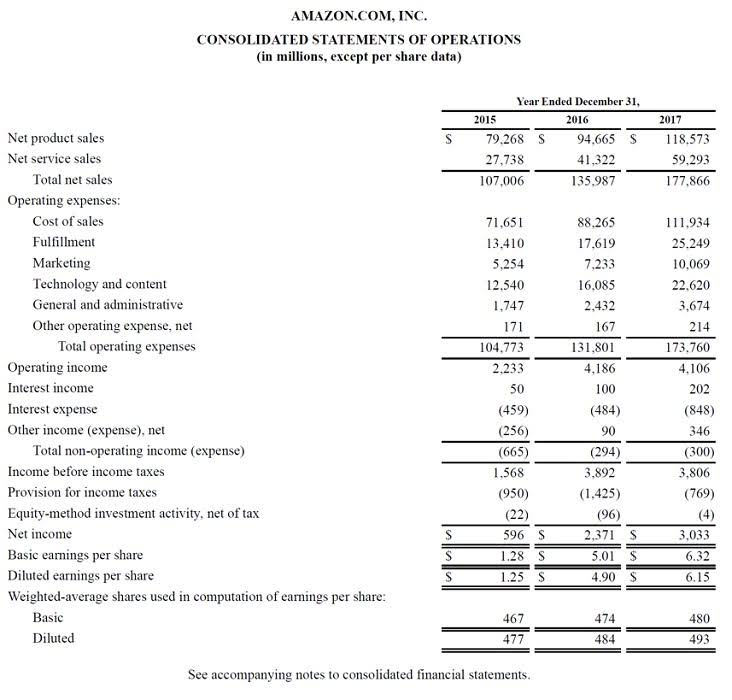Modern Accounting Software For Startups & Tax Preparation

With employees working remotely, there is a greater need for processes that are independent of manual handling and intervention. The availability of vast amounts of financial and non-financial data provides opportunities for accountants to leverage data-driven insights. Integrating data from various sources, such as banking transactions, sales records, and supply chain data, allows for a comprehensive view of financial information. Autonomous accounting systems can use big data analytics to identify patterns, detect anomalies, and generate real-time financial autonomous accounting reports. The demand for real-time data is increasing in all areas of business, including accounts payable.

Self-Learning Agents

“So we are constantly teaching the agents new skills, and so over the next few years, expect Digits to get better and better and better at getting rid of this tedium for you,” he said. During his presentation, Seibert noted that the agents represent a third path that sidesteps the problems of both outsourcing and using LLMs. Expanded features for accounting firms will roll out later this year, with testing already underway with top firms such as Armanino and Hiline. Regulatory requirements continue to become more complex and demanding. Companies are now required to comply with constantly evolving regulatory requirements, which can be overwhelming and difficult to navigate without the help of advanced technology. Interestingly enough, those leading the efforts around Autonomous Accounting are already seeing some genuinely eye-popping ROI through Autonomous Accounting, which foreshadows the previously mentioned sea-change.

Collaboration and Access Control:

Luckily, AI accounting agents are here to take some of that weight off your shoulders. Small businesses that use AI accounting agents are able to automate numerous bookkeeping tasks while providing helpful insights for better decision making. Read on to learn how AI accounting agents are making bookkeeping tasks a lot less painful for SMBs like yours. Whether you’re handling the books on your own or you’ve got a Mental Health Billing small accounting team, maintaining healthy financial processes can feel like a chore for small businesses.
Core Features of Automa8e
- Cloud-based accounting platforms and Software-as-a-Service (SaaS) solutions provide scalability, accessibility, and collaboration capabilities.
- It scans real-time transactions, spots patterns, and flags issues before they become real problems.
- An AI algorithm in finance is a set of rules and calculations used by AI systems to analyze data, identify patterns, and make decisions, thereby improving efficiency and accuracy in financial operations.
- This guide will walk you through everything you need to know about building a framework for autonomous accounting.
- Its predictive bookkeeping and auto-reconciliation features can save you time on taxes and provide transparent accounting no matter what currency you’re dealing with.
- The process of retrieving specific data from various sources and transforming it into a usable or actionable format.
- Once you’ve assessed your current situation, set goals, and selected the right tools, the next step is to develop a clear roadmap for implementing autonomous accounting.
AI can identify and flag these opportunities, allowing companies to take advantage of discounts, improve cash flow, and strengthen supplier relationships. CPA Practice Advisor is the definitive technology and practice management resource for accounting and tax professionals. CPA Practice Advisor has products that deliver powerful content to you in a variety of forms including online, email and social media.
- Transitioning to autonomous accounting isn’t just about adopting new technology; it’s about embracing a mindset of innovation and charting a clear path forward.
- With a clear understanding of your starting point, the next step is to set specific goals for what you want to achieve with autonomous accounting.
- Payment processing can be automated, with the system scheduling payments to suppliers on time and sending out reminders for unpaid invoices.
- AP automation reduces manual work, increases efficiency, and minimizes errors.
- This type of technology is designed to streamline the manual and time-consuming processes involved in managing accounts payable, such as invoice processing, data entry, approvals management and payment processing.
- AI-driven data entry and real-time updates ensure that financial records are accurate and up-to-date.
- Learn how HighRadius is helping global enterprises automate, accelerate, and lead the future of the financial close.
Autonomous accounting uses AI and blockchain technology to verify transactions and flag suspicious activity. Every financial action is tracked, recorded, and protected from tampering. It is a smarter way to handle financial operations—without the delays, errors, and bottlenecks that slow businesses down. It makes financial operations faster, more accurate, and petty cash easier to manage. Imagine a large company goes through the month-end close process every month.
